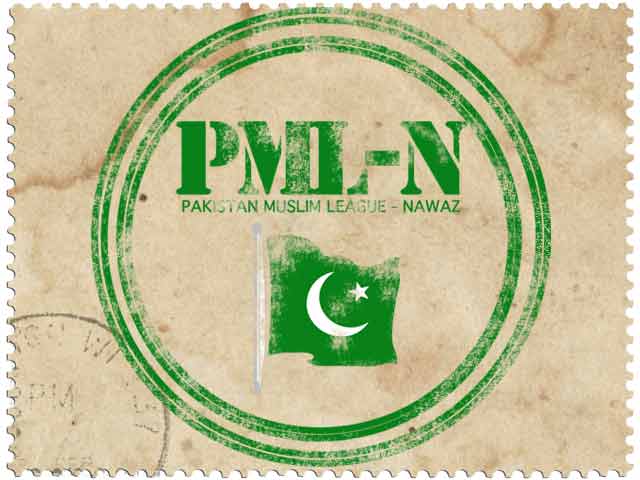Islamabad:
Finally, the Pakistan-Nawaz Muslim League (PML-N) emerged on Friday as the largest party, with the party and its allies that simultaneously ensure two thirds of the majority in the National Assembly after the Supreme Court allocated seats reserved for the ruling coalition.
The current parliamentary and political equation in the country changed after the Superior Court rejected the request of Pakistan Tehreek-E-Insaf (PTI), the Sunni-Itehad Council (sic) (sic).
On July 12, 2024, the Supreme Court had declared PTI a parliamentary party and said that PTI was eligible to obtain reserved seats that were previously distributed among other parts in the National Commission and others of the assemblies by the Pakistan Electoral Commission. However, SC’s decision in review requests has now reverted the same.
At the moment, The Total Number of Seats of the Ruling Alliance Stands at 237, Including 125 of the PML-N, 74 of PPPP, 22 of Muttahida Qaumi Movement-Pakistan (MQM-P), Five of Pakistan Muslim League-Quaid Party (IPP), One Each of Balochistan Awami Party (BAP), National Party (NP) and the Pakistan-Zia PML-Z) and four independent Muslim league.
On the contrary, the opposition alliance has a total of 99 seats, including 80 sic and independent, mainly PTI-11 of the Jamiat-e-ulmae-e-islam-fazl (juif) and one of the national matches of Baluchistan (BNP-M), Pashtunkhwa Milli Awami Party (PKMAP) and Majlis Wahdat-E-Museen (MWM).
After the results of the Senate elections in April 2024, the PMLN ruling alliance has a dominant position in the upper house of the Parliament with 61 seats, including the independents, unlike the 24 seats of the opposition parties.
The majority of the coalition government has put it in a dominant position in both the National Assembly and in the Senate, since it can now even seek constitutional amendments without facing any obstacle of opposition parties in both houses. In order for any government to obtain a two -thirds majority in the National Assembly of 336 members, the support of 224 legislators is required.
Previously, when the Government had not approved the 26th Constitutional Amendment, it had managed to win the support of an OPPOSITION PARTY JUI-F. Now, the ruling alliance will not need support from opposition banks to approve any constitutional amendment, which requires two thirds of the votes of Parliament.
The reserved seats had also led to a confrontation between the Parliament and the Supreme Court as the National Assembly of the President, Sardar Ayaz Sadiq, had written a letter to the ECP, urging to respect parliamentary sovereignty in the allocation of seats reserved for PTI.
The letter had arrived after the SC ruled that the independent candidates, after winning elections, could join political parties and alter their political loyalty followed by a note published by eight SC judges who ordered the ECP to implement the sentence as soon as possible.
Through his letter, the speaker had pointed out that Parliament approved an amendment to the electoral law, saying that he prohibited independent candidates who joined a party after the elections when changing their affiliation.
It had emphasized that the amendments to the Elections Law should be applied when the ECP assigns disputed seats, highlighting that the SC trial was issued before the new law was approved and, therefore, is outdated in the light of legislative changes.




